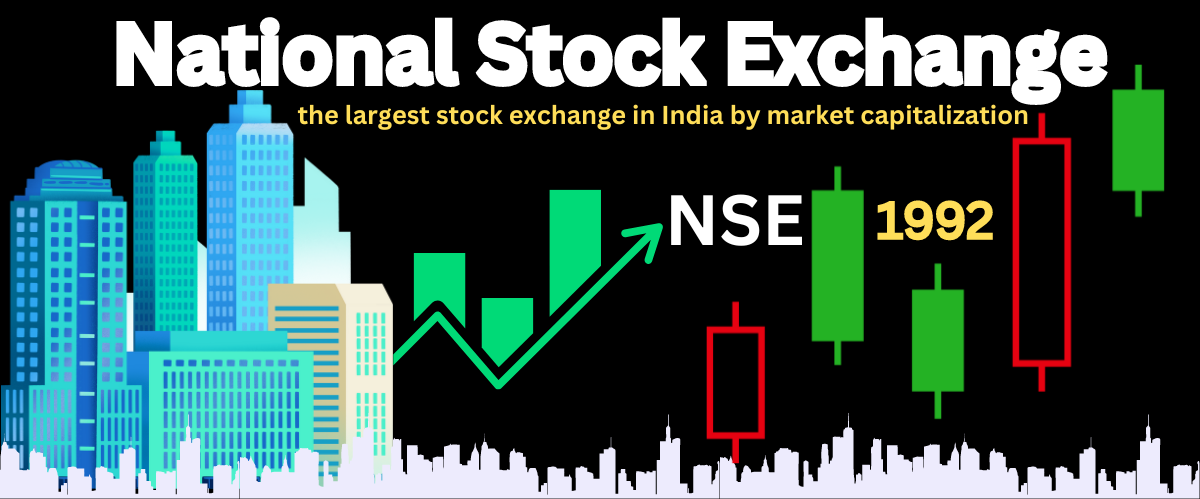The National Stock Exchange (NSE) is a pivotal institution in the financial landscape of India, playing a crucial role in the country’s economy and providing a platform for securities trading. Established in 1992, the NSE has grown to become the largest stock exchange in India by market capitalization and is recognized globally for its robust infrastructure and transparent trading practices.
What is the National Stock Exchange?
The National Stock Exchange of India Limited, commonly referred to as NSE, is headquartered in Mumbai and facilitates electronic trading of a wide range of financial products. These include equities, derivatives, debt instruments, and currency derivatives among others. The exchange operates on a fully automated screen-based electronic trading system, which ensures efficiency, transparency, and equal access to all participants.
Role in the Indian Economy
The National Stock Exchange plays a pivotal role in the capital formation process of India’s economy by enabling companies to raise capital through the issuance of equity and debt securities. It also provides liquidity to investors by facilitating secondary market trading, thereby fostering investment opportunities and economic growth.
Key Features and Functions of NSE
- Market Indices: The NSE manages prominent market indices such as the NIFTY 50 and NIFTY Bank, which are benchmarks for the Indian equity market performance. These indices track the performance of top companies listed on the exchange and serve as indicators of overall market sentiment.
- Trading Mechanism: NSE operates on a T+2 rolling settlement cycle for equity trades, where transactions are settled two working days after the trade date. This system ensures timely and secure settlement of transactions, reducing counterparty risks.
- Regulation and Oversight: The exchange is regulated by the Securities and Exchange Board of India (SEBI), which ensures adherence to regulatory norms and safeguards investor interests. NSE’s compliance with international standards further enhances its credibility in global financial markets.
- Technology and Innovation: Known for its advanced technological infrastructure, NSE continuously upgrades its trading systems to provide seamless trading experiences. This includes high-speed order execution and real-time market data dissemination, catering to the needs of institutional and retail investors alike.
Conclusion
As a cornerstone of India’s financial system, the National Stock Exchange (NSE) continues to evolve and innovate, driving market efficiency and investor confidence. Whether you are an investor looking to diversify your portfolio or a company seeking to raise capital, understanding the NSE and its operations is crucial for navigating the dynamic world of finance.
For more insights into the National Stock Exchange and updates on financial markets, stay tuned to our blog. Feel free to contact us for any queries or further information.

